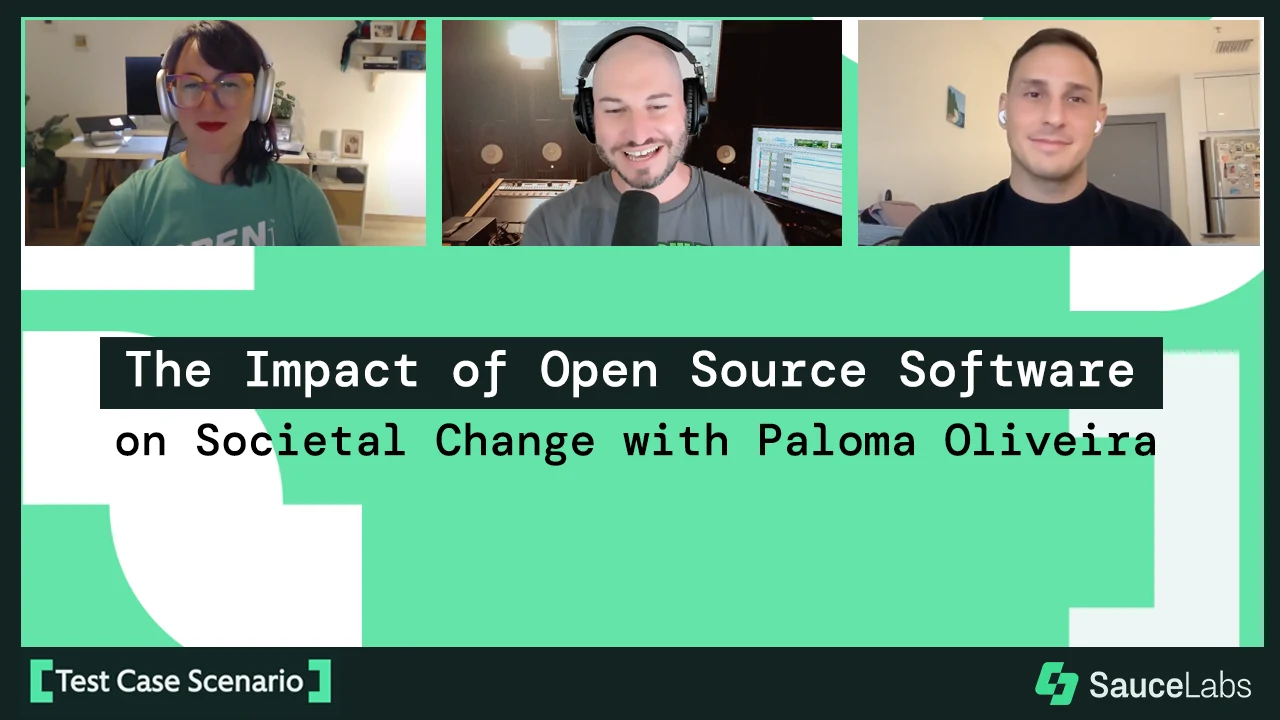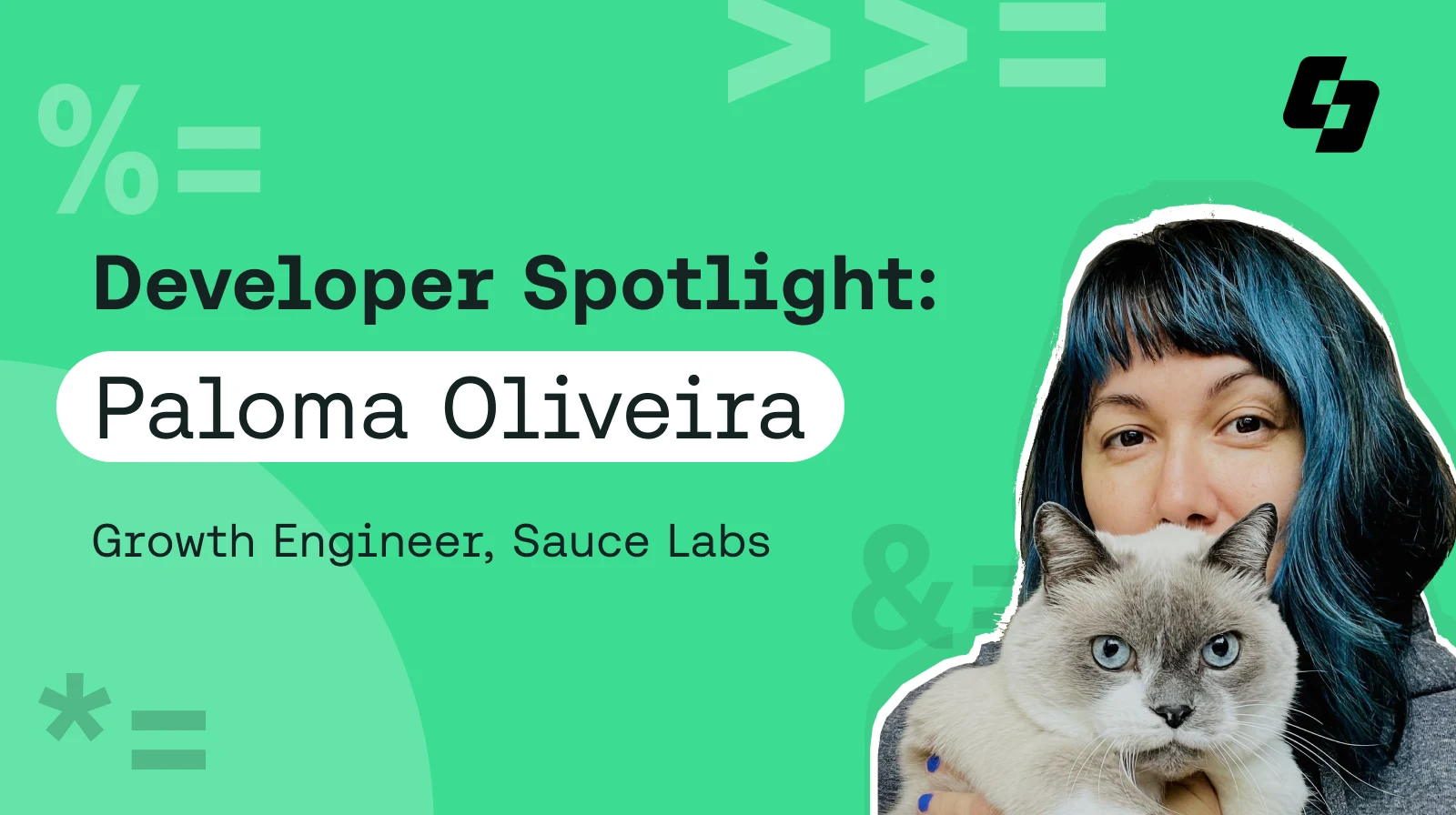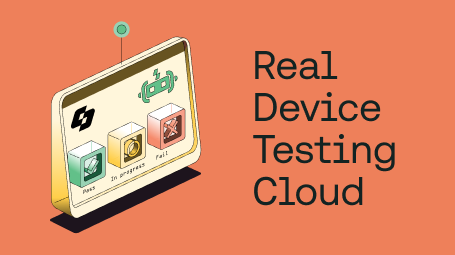Great development doesn't stop at knowing how to code. There is significant impact behind every single line of code, including how your code impacts your community.
Paloma Oliveira, a lover of contemporary art, appreciates the raw creative energy behind science and technology. Her journey to development started in an “unconventional way”, she says. She finds maker culture spellbinding, particularly working in hackerspaces, a realm where libre software is deeply woven into artistic practices. In fact, she along with a few trusted friends own an artist space in Berlin.
She officially made the leap to software engineering when she moved to Germany and was fortunate to receive a scholarship for a web development boot camp. The founder, Armagan Amcalar, who also shared an artistic heritage, taught her to see coding not just as a skill but as a creative force. It was here Paloma’s technical career was born.
What’s your current role?
Currently, I hold the position of Growth Engineer. In my own words, it's focused on curating good user experiences through our products, advocating for the user, and finding ways to ensure they want to continue consuming our products. This role fits perfectly with my personality because it is interdisciplinary – it requires thinking about why we are proposing something, how it affects the end user, and also how we can achieve our goals in a sustainable, imaginative, and well-maintained way.
Growth Engineering aligns closely with my previous experiences in hackerspaces— it involves constant experimentation, trial and error, and a perpetual cycle of learning and improvement. The role is fueled by curiosity, but unlike in art, the prototypes we create cannot afford to fail. Failure in our field means disrupting the trust our clients place in us. Additionally, I continue to advocate for open source and free software, as we—and indeed the entire industry—are built on these tools. I bring critical perspectives to the scene, mostly around ableism and diversity aiming to make the space more equitable and diverse.
How do you stay efficient?
Growth is all about constant cycles of experimentation.
To me, efficiency is all about knowing how to break down a task in the smallest way possible so that it can be executed quickly and accurately, but in a sustainable way. Change happens iteratively. Implementing constant improvements is the only way to learn from experiments and prevent failures in the first place.
I love automation, even though it sometimes it can actually take longer than doing it manually because of the time it takes to ensure you're automating efficiently. I try to automate as many of my repetitive tasks as possible, whether through discovering a new tool or a script. I use several tools to improve focus, efficiency, and prevent errors:
Pomodoro Focus Timer to measure the amount of time used to develop something (and guarantee breaks to pay attention to my kitten)
ESLint and Prettier for the IDE to guarantee clean and well-formatted code
DeepL and Grammarly to check grammar content
Deque - used both in the IDE and in browser extensions to check accessibility
Slack automation to notify my team of various necessary actions, such as checking if the experiment time is up.
And most importantly, I ensure that no changes made to the repositories can be merged without having passed the tests, which is an automation included in the pipeline of all repositories.
Outside of work, how do you keep your skills sharp?
I firmly believe the workplace should be the primary environment for growth and learning. This is crucial because we spend most of our waking hours at work, and feeling stagnant in a role can be detrimental both to personal development and to the organization.
Conferences are the best opportunities to learn extensively and stay updated with industry trends. Being part of communities drives and propels me, both personally and technically. I am an organizer for PyLadies Berlin, a volunteer organization focused on closing the gender disparity in the tech sector, and Ospo++ Berlin, which fosters collaboration among government, academia, and industry for achieving societal impact. I also hold a spot on the board of the Python Software Verband that supports and promotes the Python community in German-speaking countries. As a participant, I follow a few communities, such as OpenJS Foundation and InnerSourcing.
Contributing to open-source projects that resonate with me is a powerful way to delve deeper into technology, though it’s important to allocate sufficient free time and be cautious not to burn out (super easy to happen). I also follow a few dev podcasts, like Syntax.fm, JS Party and Changelog.
Lastly, I aim to complete at least one course per semester to deepen my knowledge in a specific area. Currently, I'm enhancing my computer science skills by reading and taking online classes with The Impostor’s Handbook, which aims to fill in the gaps for people like me, who work in software engineering without having come from a conventional computer science background.
Giving back to the community through open source
There's a foundational issue in open source that revolves around sustainability and diversity. The sustainability challenge arises because consumption far outweighs contributions, creating an imbalance that could potentially destabilize our industry at any moment. Additionally, there's a significant lack of diversity, which is somewhat linked to the issue of sustainability. Although limited research, available studies indicate that less than 5% of contributors (not focusing on leadership roles, which would probably make this number lesser) identify as non-white from the global north. This imbalance severely affects the decisions that directly influence our industry and our work, including how we produce and use software that regulates our lives.
With this in mind, participating in community-driven conferences like PyCon DE and PyData Berlin as a volunteer is my way of contributing to rectifying this imbalance, besides being immensely enjoyable. This year, I was responsible for the PyLadies' activities. We offered a range of free activities: a Data Science workshop for beginners; a guided city tour as a welcoming gesture; a networking lunch; adding female products in conference restrooms; a zine publication with information about the group and tips on navigating the conference; a booth providing a meeting and connection point, a job board, and announcements. We even provided accommodation in a hostel near the conference. Everything was thoughtfully planned and executed with the community in mind, aiming to fundamentally change the experience of those participating. I cannot put into words how gratifying this work is.
Becoming a software engineer was driven not only by my desire for professional stability but also by a profound belief in the impact we can forge with our code, reshaping the world one line at a time.

Most important question - what’s your favorite Sauce?
Chipotle.







